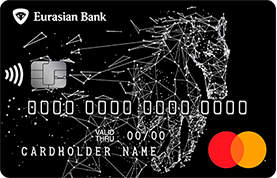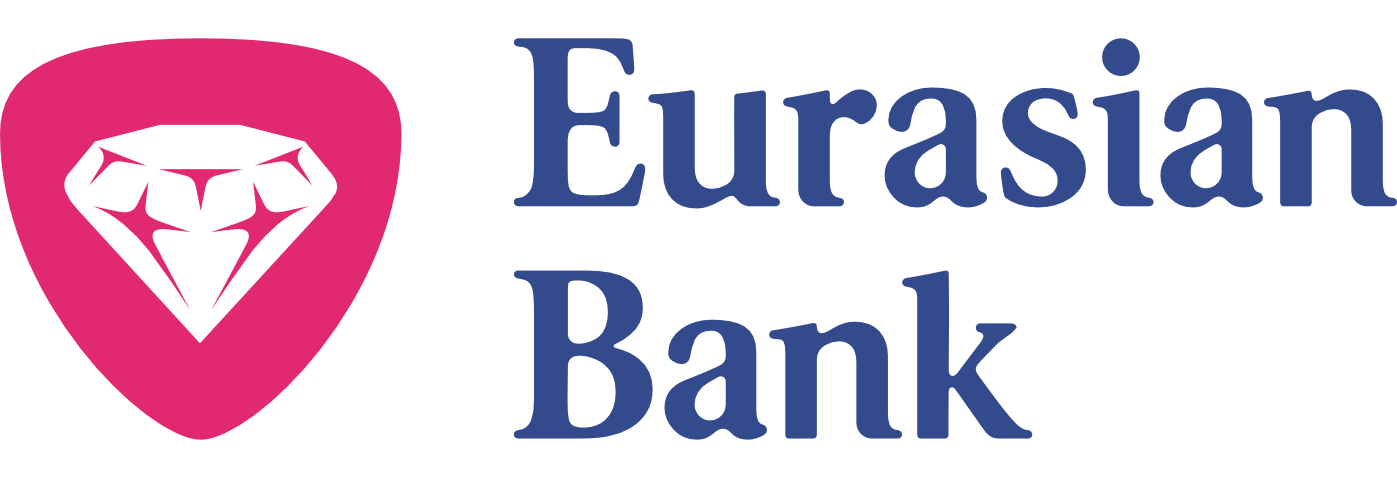In Kazakhstan, fraudsters have become more active and adapted to the requests of citizens and businesses, using increasingly convincing and technological methods of deception. Eurasian Bank urges clients to remain vigilant and shares recommendations on how not to become a victim.
One of the new schemes is fake logistics and shipping companies that offer services through popular online platforms. After receiving an advance payment, the scammers simply disappear. According to the Almaty Police, more than ten such cases have been recorded since the beginning of 2025.
Another scheme is also gaining momentum — auto loan fraud.
The attackers call customers, posing as bank employees or loan processing “assistants”. They warn you in advance: “Most likely, you will be denied a consumer loan. But there is another option — to apply for an auto loan for the same amount.” To convince a person, scammers advise calling the bank contact center and clarifying whether an auto loan is possible without buying a car. After receiving a general response like “in some cases it is possible,” the victim loses his vigilance.
Then the client is offered to apply for an auto loan, allegedly for a fake car. The money under the terms of such a loan is not transferred to the client, but directly to the “seller” — that is, to fraudsters. As a result, a person is left with debt, but without a car and without money.
To protect yourself, Eurasian Bank recommends:
- Never transfer money for services without a formal contract.
- Check the data of the counter-parties: IIN/BIN, reviews, availability of a legal entity.
- Do not share SMS codes and PIN codes with anyone, even if the caller introduces himself as a bank employee.
- Apply for loans and other financial products only through the official channels of the bank — the mobile app, website or branches.
- Enable account notifications and set limits on online transactions.
- In case of suspicious activity, contact the bank contact center or the police immediately.
Safety begins with awareness. Tell your loved ones about the risks, especially elderly relatives. The more people are alerted, the less likely the scammers are.
Take care of yourself and your data.





